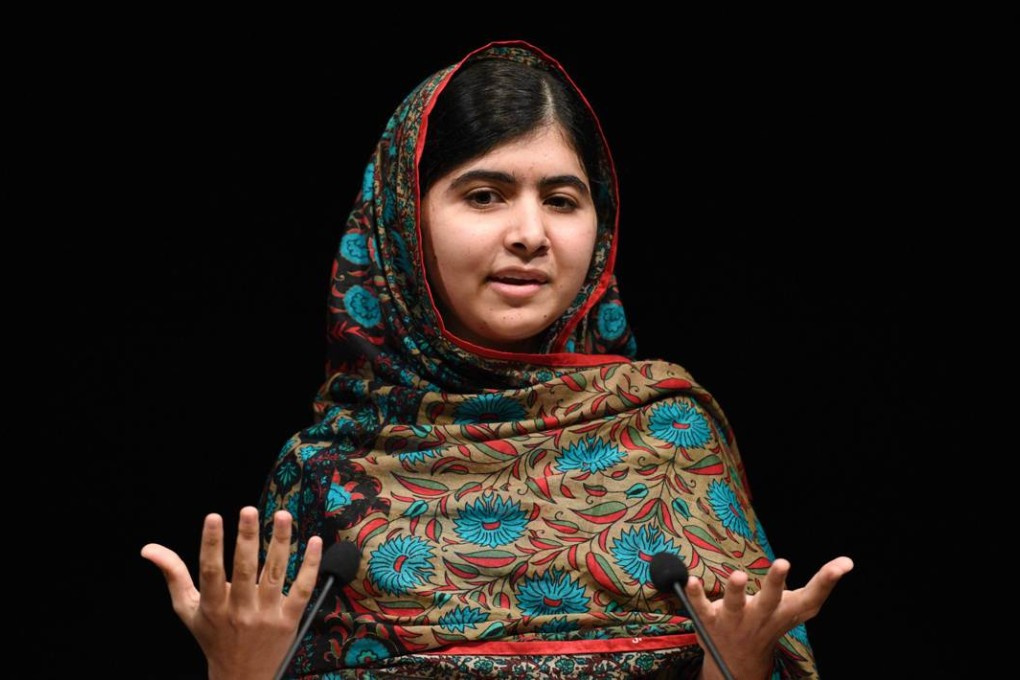Malala of Pakistan, Satyarthi of India win Nobel Peace Prize
17-year-old Pakistani education activist Malala Yousafzai shares prestigious award with Indian anti-child slavery campaigner Kailash Satyarthi

Pakistani education activist Malala Yousafzai and India's Kailash Satyarthi won the Nobel Peace Prize yesterday for risking their lives to fight for children's rights.
The decision, announced in the Norwegian capital Oslo, made Malala, a 17-year-old student, the youngest-ever Nobel winner. She dedicated her prize to the "voiceless children" of the world.
The news set off celebrations on the streets of Mingora, the main town in Pakistan's volatile Swat valley. At the town's Khushal public school, which is owned by Malala's father, students danced in celebration.
Malala was shot in the head by a Taliban gunman two years ago while she was a student at the school for insisting that girls as well as boys had the right to an education. Surviving several operations with the help of British medical care, she continued both her activism and her studies.
Speaking from Birmingham, England, where she now lives after undergoing several operations, Malala said she was "honoured" to have been chosen as joint winner of the prize.
"I'm proud that I'm the first Pakistani and the first young woman, or the first young person, who is getting this award," she said.